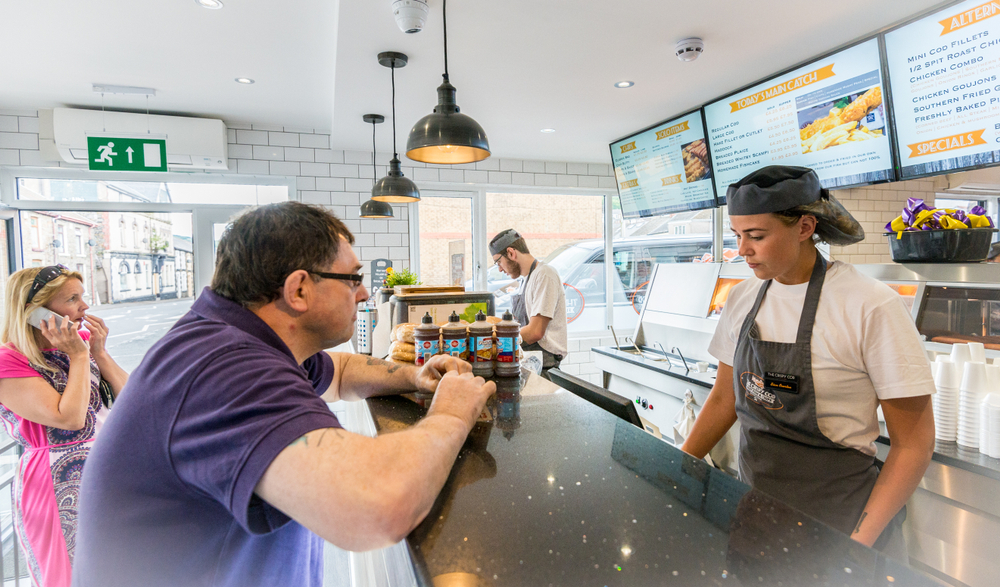Talk of potential changes to the VAT threshold has been welcomed by the fish and chip industry body the National Federation of Fish Friers (NFFF).
It follows a report in The Telegraph over the weekend that Chancellor Rachel Reeves is in discussions to raise the VAT threshold for businesses, as part of a broader strategy to stimulate economic growth.
According to the article, Whitehall officials have been exploring the possibility of increasing the threshold from its current level, with talks taking place before the summer recess.
Under the current rules, businesses are not required to register for VAT until their annual turnover exceeds £90,000. However, once that threshold is crossed, VAT must be charged on all transactions, a system critics say discourages small businesses from expanding.
Andrew Crook, president of the NFFF, said the government’s willingness to look at VAT reform is long overdue. “Anything the government can do on VAT will be welcomed because that is really the biggest burden we’ve got as a business,” he said. “It’s the smaller businesses that seem to be less able to absorb it.
“In big business, fixed costs are a much smaller proportion of turnover. But for small businesses with lower turnover, VAT is a huge challenge.”
The NFFF has been a long-time campaigner for VAT reform in the takeaway sector. Andrew added: “For 10 years, we’ve been a lone voice talking about VAT because I think fish and chips have felt the pain more than anybody. We’ve always had tighter margins than everyone else. Now, with rising costs across the board, everyone in the sector is feeling it.”
He said any increase in the threshold must be meaningful, citing past changes that had little impact. “If the government is going to increase the VAT threshold, they need to do it significantly. When they raised it from £84,000 to £90,000, it just made it easier for businesses to commit fraud.
“I said to the minister for small business last week, if you look at any business transfer, there are so many takeaways trading just under the VAT threshold. It needs to be a significant increase.”
Andrew suggested that businesses turning over between £8,000 and £10,000 a week are among those most in need of support. But he also acknowledged the unintended consequences of the current system. “It doesn’t encourage growth, because people start making sure they stay under the threshold. They call it ‘bulking’, where they intentionally restrict turnover to avoid VAT registration.”
Interestingly, Andrew also sees merit in the proposal to lower the threshold, an idea supported by some in government, including pensions minister Torsten Bell, who has backed a drop to £30,000.
Andrew comments: “The suggestion of reducing the threshold down to £30,000 could also be quite welcome. It would bring more people into the system, and that helps some businesses as well. A flat rate scheme is something else they could look at, but it’s good that the government is looking at VAT.”
Recent Posts
- Hospitality sector struggles to invest as operational costs surge
- Fish & Chip Takeaway of the Year 2026 semi-finalists announced
- Deliveries up but takeaways down as new openings lift at-home sales in August
- National Fish & Chip Awards announce 2026 Restaurant of the Year front-runners
- Unite calls for government to strengthen Fair Tips Law, claiming employees are losing out










